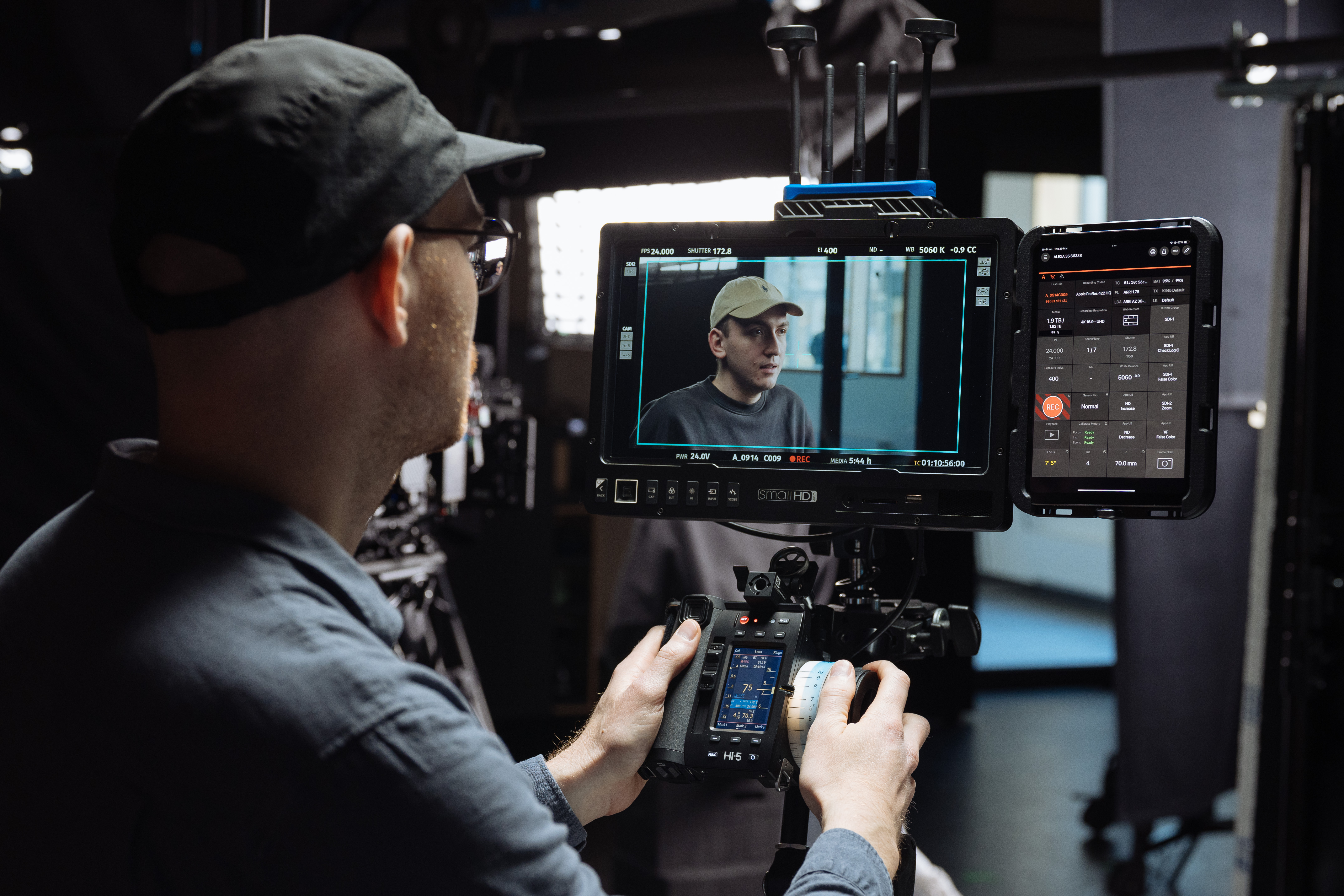Survey: U.S. Consumers Want Fewer Devices But More Tech Innovation
Two fifths (41%) dislike managing their devices, while 28% say managing tech devices and subscriptions is “overwhelming,” according to Deloitte

The tech fatigue many consumers began feeling during the lock-downs of Covid-19 seem to have translated into a growing ambivalence towards technologies with U.S. consumers looking to both adopt new technologies and simplify how they interact with consumer technologies.
According to a new survey from Deloitte, the average U.S. household has reduced the number of connected devices in their homes to 21 connected devices (down from 25 in 2021). One third (33%) of those surveyed reported that they can’t afford to buy tech devices (up from 25% in 2022).
Yet, almost one in five (17%) have already used or experimented with generative AI, and 72% plan to keep using it. More than six in ten Gen Zs and more than half of Millennials are interested in learning by viewing or interacting with 3D objects or representations.
Consumers also say they are looking for more innovation in 5G apps and services.
Overall, the fourth annual Deloitte “Connected Consumer” survey indicates that consumers want to balance digital and physical lives as they streamline devices, spend selectively on technology, demand innovation, safety and utility in a connected world, the researchers said.
More specifically it found that nearly half of households (48%) bought at least one new connected device in 2023, with 16% adding three or more. But as households add new tech devices, they are trimming devices that no longer fit their needs. Households have an average of 21 connected devices in 2023, down 22 in 2022 and below a peak of 25 in 2021 when many loaded up on technology during the COVID-19 pandemic, the study found.
Consumers also reported that they want to trim tech complexity: 41% dislike managing their devices, while 28% say managing tech devices and subscriptions is “overwhelming.”
Get the TV Tech Newsletter
The professional video industry's #1 source for news, trends and product and tech information. Sign up below.
“Deloitte’s Connected Consumer survey paints a vivid picture of a society that is learning to use technology wisely. Consumers are no longer amassing devices; they're carefully selecting them with purpose to foster digital harmony,” explained Paul Silverglate, vice chair, Deloitte LLP and U.S. technology sector leader. “From embracing a more conscious approach to device consumption to adapting to the changing landscape of virtual health care and hybrid work, the findings underscore the ingenuity and resilience of the modern consumer. The journey ahead is filled with opportunities for companies to innovate and respond to these evolving needs.”
While the average number of digital devices in the household dropped by four in the past two years, from 25 in 2021, to 21 in 2023, that doesn’t mean consumers have less interest in devices, the researchers argued.
Instead, it indicates they are streamlining and getting rid of obsolete or less-useful devices while still purchasing new ones. There is an opportunity for tech companies to better support customers wanting to strike a balance that maximizes benefits and minimizes the drawbacks of living a connected life, Deloitte reported.
The survey of 2,000 U.S. consumers also found that nearly half (48%) of surveyed consumers purchased new connected devices for their household in the past year.
Among respondents, 63% expect their spending on acquiring devices to stay the same over the next 12 months, and only 7% expect to decrease spending. Nine percent (9%) plan to increase their spending.
Forty-nine percent (49%) of consumers delayed device purchases during the past year due to economic conditions, while 33% feel they can't afford to buy the tech devices their household needs (up from 25% in 2022).
Consumers continue to grapple with managing their digital lives: 41% dislike managing their devices, and 28% feel overwhelmed by the number of devices and subscriptions they need to manage (up from 24% in 2022).
Another key finding was consumers' continued call for innovative apps and experiences that take full advantage of 5G technology capabilities. More than half of the respondents with 5G smartphones (53%) said they’re looking for these apps, and more than a quarter (26%) expressed disappointment in the lack of such innovative apps and services.
Overall, 62% of consumers with smartphones say they have 5G, up from 50% in 2022, the study found.
5G smartphone users say they do more of some things, compared to before they had 5G, with one in five using their phone more to pay for items in a store and to act as a hotspot. Nearly one in four watch streaming videos more (four in ten Gen Zs do more of this than before they had 5G), and nearly one in five play more videogames (one in three Gen Zs do more of this than before they had 5G).
5G fixed wireless is an emerging trend for home internet: 12% of home internet consumers say they have fixed wireless (compared to 8% in 2022), and a majority of them say it's 5G, the researchers said.
The study also points to the promising growth of immersive 3D experiences and growing interest and awareness in generative AI among consumers, especially in the younger generations.
More than six in ten Gen Zs and more than half of millennials are interested in learning by viewing or interacting with 3D objects or representations; traveling to places of interest virtually; meeting with friends and family in 3D spaces; attending 3D virtual entertainment events; and shopping in 3D stores.
Almost one in five respondents surveyed (17%) said they have experimented with generative Al or used it for projects/tasks: Of these, 72% used it for personal purposes, 21% for school/education, and 20% for their job/professional purposes. Seventy-two percent plan to keep using it.
Other key findings include:
- Employee preference for hybrid work increased by 7 percentage points in 2023. The main benefits of hybrid work cited by respondents include better relationships with family and co-workers, and improved health and well-being.
- Satisfaction with virtual health visits is growing. Most people who experienced a virtual health visit would prefer virtual or hybrid options in the future for psychological health and chronic conditions.
- Parents see positives in connected devices for their children, reporting they enhance learning, enable new experiences, and keep kids organized — but they also worry about potential harms and set boundaries on their children’s digital behaviors.
- Security concerns have grown: 58% of surveyed consumers worry their devices are vulnerable to security breaches (up from 50% in 2022), and 58% worry that organizations or people could track them through their devices (up from 41% in 2022).
The full survey can be found here.
George Winslow is the senior content producer for TV Tech. He has written about the television, media and technology industries for nearly 30 years for such publications as Broadcasting & Cable, Multichannel News and TV Tech. Over the years, he has edited a number of magazines, including Multichannel News International and World Screen, and moderated panels at such major industry events as NAB and MIP TV. He has published two books and dozens of encyclopedia articles on such subjects as the media, New York City history and economics.

